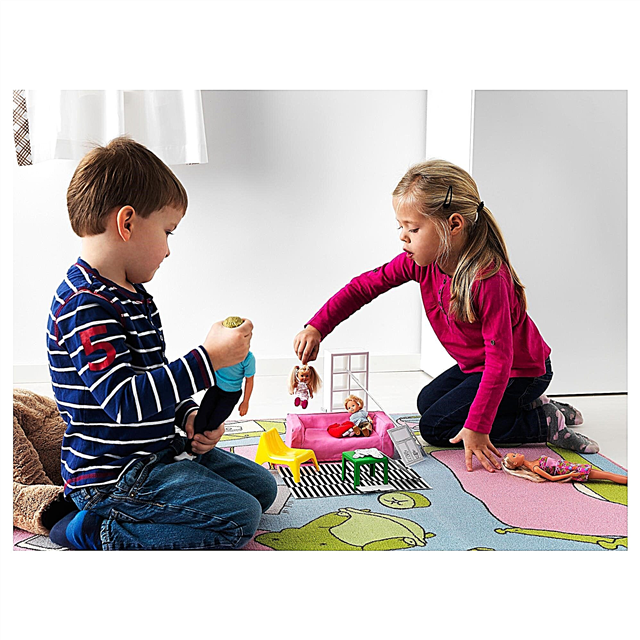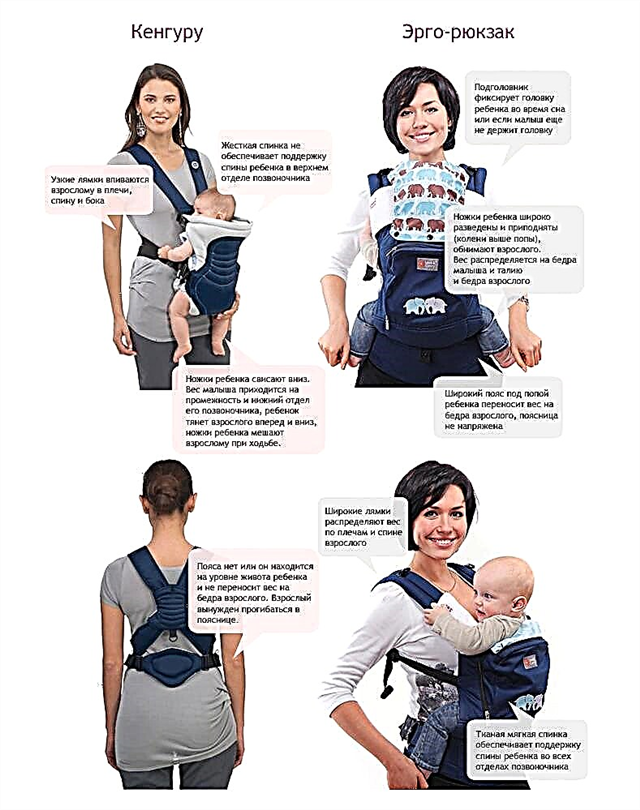
With vomiting, the child's stomach is reflexively freed from the food it contains. Usually this is undigested food eaten by a baby, but often different impurities are found in the masses released during vomiting. Why vomiting can produce mucus, is it dangerous and how to help the child?
What does it look like?
An episode of vomiting usually begins with a bout of nausea. The child's breathing quickens, he begins to actively salivate. He feels weak, the baby's skin turns pale, the baby may sweat, and his temperature may go down or rise. In the masses thrown out through the mouth, parents see food debris and mucus.
Causes
The appearance of vomiting with mucus is possible with:
- Acute inflammation of the gastric mucosa, which is caused by chemical poisoning or medication.
- A viral infection of the respiratory tract.
- Surgical diseases of the abdominal cavity, for example, intestinal obstruction, acute cholecystitis or appendicitis.
- Food poisoning.
- Brain damage, for example, due to meningitis, tumors, epilepsy and other pathologies.
- Stress caused by anxiety, strong emotions and nervous overload.
- The ingress of a foreign body into the esophagus.
In infants, the appearance of vomiting, in which mucus is secreted, is a harmless symptom. The gag reflex can be caused by overeating, and mucus gets into the secreted masses from the bronchi and nasopharynx.

Should I call a doctor?
In more cases, if vomiting of mucus occurs, seek medical attention, as this symptom may indicate the development of a serious illness and lead to dehydration. In addition, there is always the possibility of stomach contents getting inside the baby's respiratory tract, which is also dangerous for the baby (especially for the baby).
Be sure to call a doctor in such situations:
- Vomiting with mucus impurities is combined with other symptoms of the disease - fever, pain syndrome, lethargy, drowsiness, loose stools and others.
- In addition to mucus, blood appeared in the vomit.
- You suspect a large object has entered the baby's esophagus.
- Before the onset of vomiting, the child took medication or ate poisoned food.
- Vomiting of mucus appeared after hitting the head or falling.
- The child began to dehydrate.

First aid
- It is important not to leave your child alone after vomiting. Parents should constantly see the baby and help him if the vomiting attack suddenly resumes.
- It should be noted what the nature of the vomit is, in order to tell the doctor in detail about everything, and also to collect a small amount for analysis.
- To prevent the contents of the digestive tract from entering the respiratory system, the child should not lie on his back. An upright or lateral position with a slightly raised head is recommended.
- After each vomiting, the baby should wash, and also give the baby some clean water to clean the mouth.
- Until the cause of the vomiting of mucus is clarified, the child should not be given food or any medication.
- Ensuring adequate water intake for the vomiting baby is important. The best choice would be to use special salt solutions that are prepared from pharmacy products or at home. Drink is given in small portions at short intervals. In the case of an infant, you can give him saline solutions to drink using a teaspoon, pipette or syringe without a needle.

Treatment
Medication can be given to a child only after finding out the cause of vomiting and taking into account other symptoms. The doctor may prescribe antimicrobial agents, sorbents, antispasmodics, probiotics and other medications, depending on the diagnosis and condition of the baby.
If the child is diagnosed with neurological disorders, he will be referred for additional examination, and treatment will be prescribed by a neurologist. If the cause of vomiting of mucus is a surgical pathology, the child will be urgently sent to surgery and an operation will be prescribed.



